If you are someone who loves adrenaline adventures, staying in nature, and sleeping outside, then wild camping is something you must put on your checklist. There is no better rest for body and soul than spending time in the fresh air, with a campfire and sleeping under a tent. If you also take your craziest friends with you, the fun is guaranteed. Europe may seem very tempting when it comes to your next camping destination, but you still have to be careful when it comes to the country you want to head to. In every European country, certain rules and laws are governing wild tourism. It is necessary to inform yourself on time so that you know within which limits you are allowed to move and what it is that you shouldn’t do at all and where you shouldn’t go at all. Otherwise, you could suffer the consequences and that could ruin your adventure.
You may be deciding on a trip like this for the first time, and in that case, you probably have a feeling that you don’t know where it would be best to go. We will try to help you with some suggestions of the most popular European destinations when it comes to wild camping. If the idea of a tent causes fear in you, maybe you can find some alternative solutions on Glampings.nl. Well, let’s start.
Scandinavian countries – Sweden and Finland
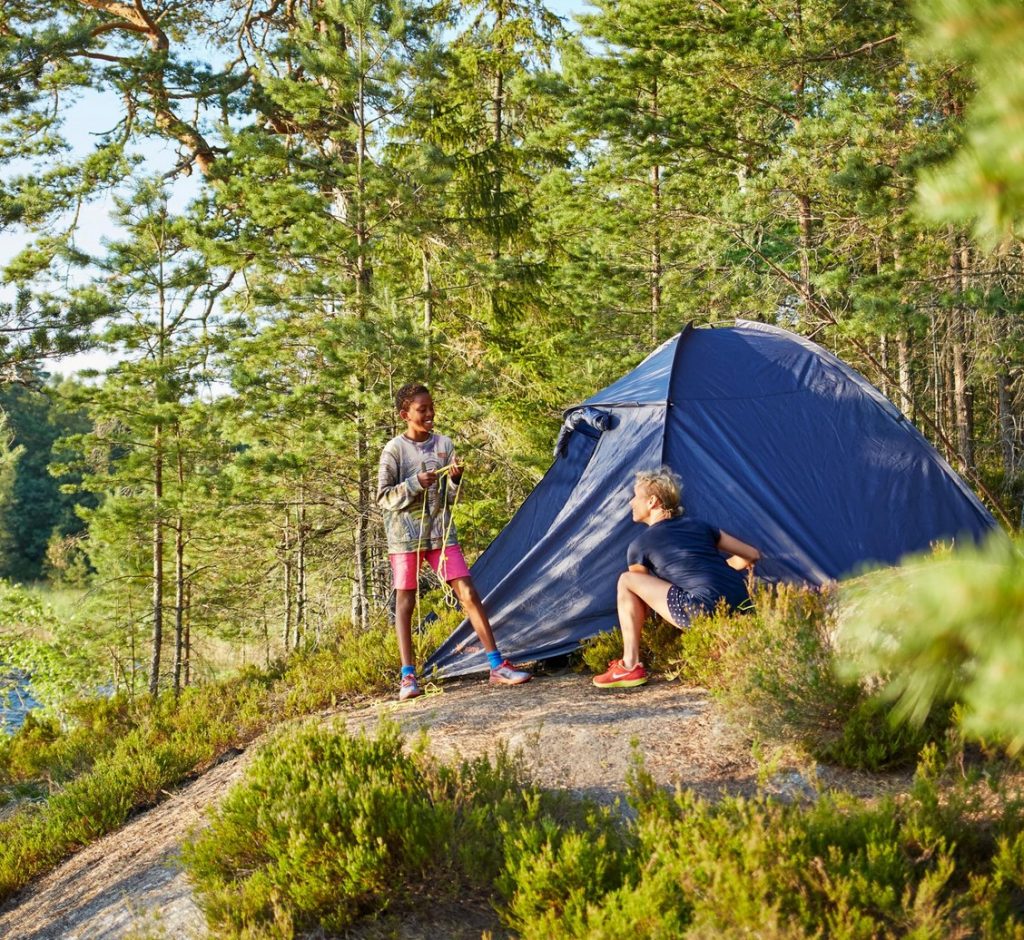
Scandinavian countries are the first recommendation of all experienced adventurers when it comes to this type of tourism. The reason is that these countries, thanks to the Allemansratten law, have also enabled people to enjoy natural beauties, of course, while respecting the rules for the protection of the environment.
In Sweden, the idea of camping is widely accepted and is made possible both on private estates and in nature. All that is required of you is not to endanger the flora and fauna. When it comes to private property, of course, you should not do it near residential buildings.
During periods during the year when the risk of forest fires increases due to climatic conditions, lighting fires is strictly prohibited. Therefore, you should also consider the period of the year in which you plan such a trip.
Moving in large groups in the wilds of Sweden and a longer stay in the woods requires a permit. If you plan to move in small groups, then it is not recommended to stay longer than a few days. Note that the same rules do not apply in all national parks if you have planned to visit more than one.
Similar rules apply in Finland, taking into account the same law that applies. It is also required to stay in the forest for a shorter period of time, without a long stay and distance from the nearest settlements.
Fire is only allowed to groups that have permission to do so. Stay away from military areas that are regulated by special laws, which you probably don’t know.
England and Wales
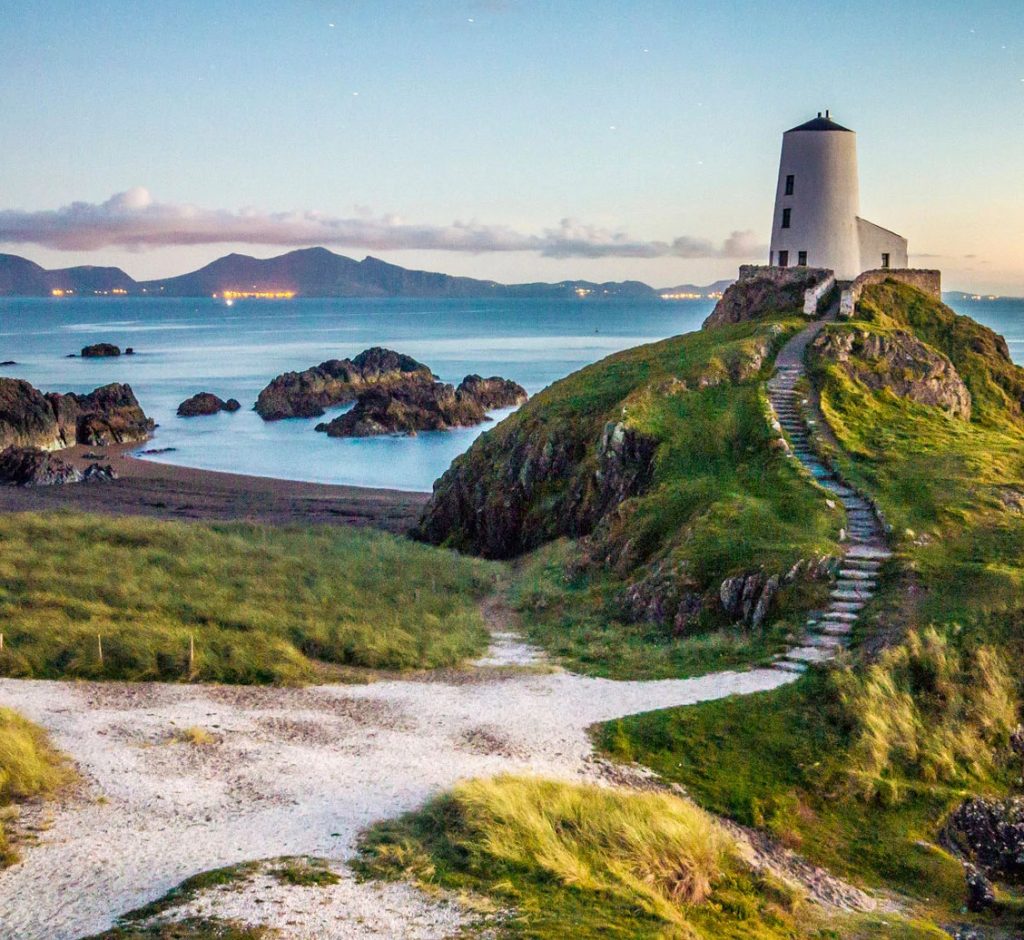
If Western Europe appeals to you more, England and Wales could be a good choice. There are a few things you should pay attention to if you opt for this option. First of all, it is likely that your stay near the property will not please local farmers, so you may experience inconvenience if you do not move far enough. Also, avoid the northern parts of the country, where there are military bases where you will not be welcome.
Some of the greatest recommendations of adventurers are Dartmoor and the shores of Stihead and Istradfellte. These areas provide excellent opportunities for hiking, climbing, and camping. You can expect a completely new and unique experience that will leave you breathless.
Poland
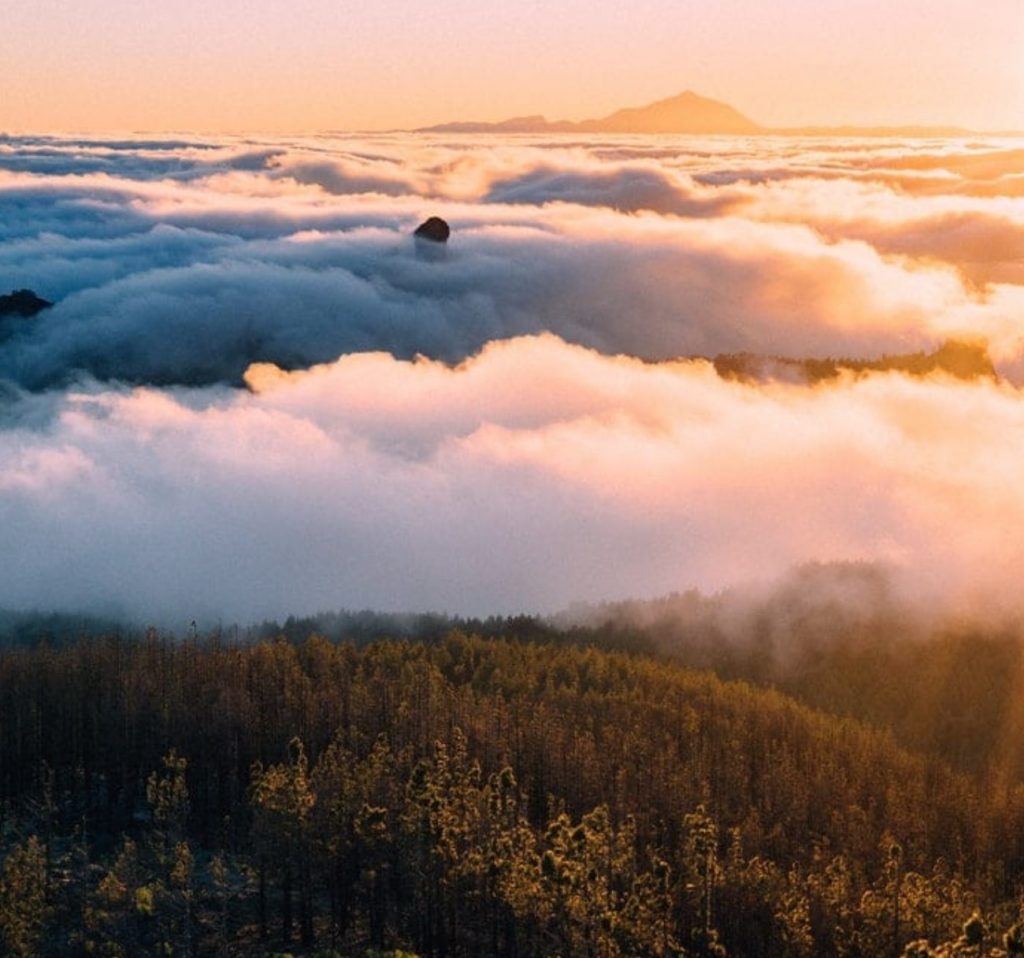
Camping in this country isn’t completely legal, but regardless, it is often the choice of passionate adventurers. Before you decide on Poland, you will need some guidelines that will help you not to make a mistake and get into trouble with the authorities.
Poland is rich in beautiful natural landscapes, of which large beaches on the Baltic Sea coast, as well as numerous national parks, stand out. Camping is forbidden in these areas, especially in the popular Tatras. If you are caught by a guard, be prepared to pay large fines.
The biggest restrictions are related to lighting fires, which are strictly forbidden. All other activities in nature are not so punishable. There are a lot of great places where you can set up a tent, and enjoy it without any problems.
Spain
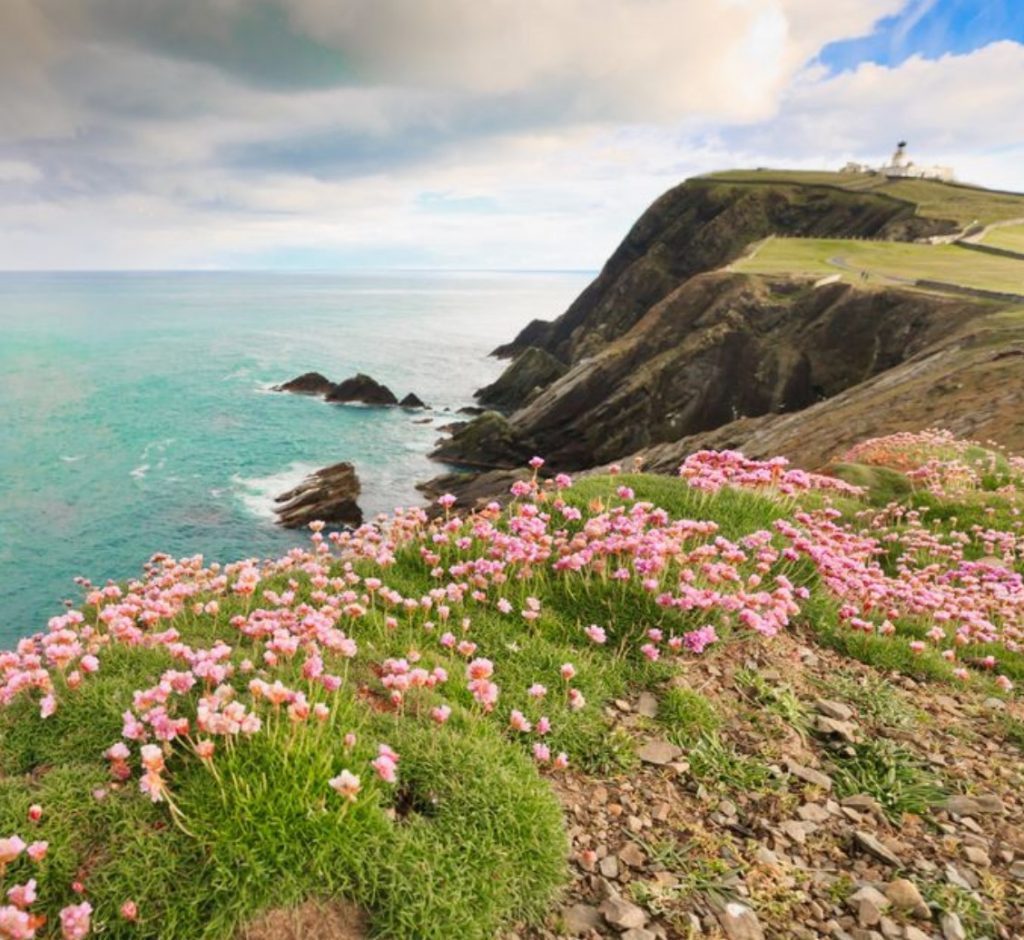
When it comes to wild tourism in Spain, the most important thing is detailed information before going on a trip. Each local unit has its own rules and laws that differ from those that apply to other local units. That is why you need to find all the information you need in advance, depending on which part of Spain you plan to camp in. Also, you must stay away from those areas where such activities are completely prohibited. This refers to beaches and national parks. Otherwise, you will suffer the consequences if you are noticed by the “civil guardianship service”.
The number of people who can stay together in nature is limited to ten, and the number of tents to three.
Estonia
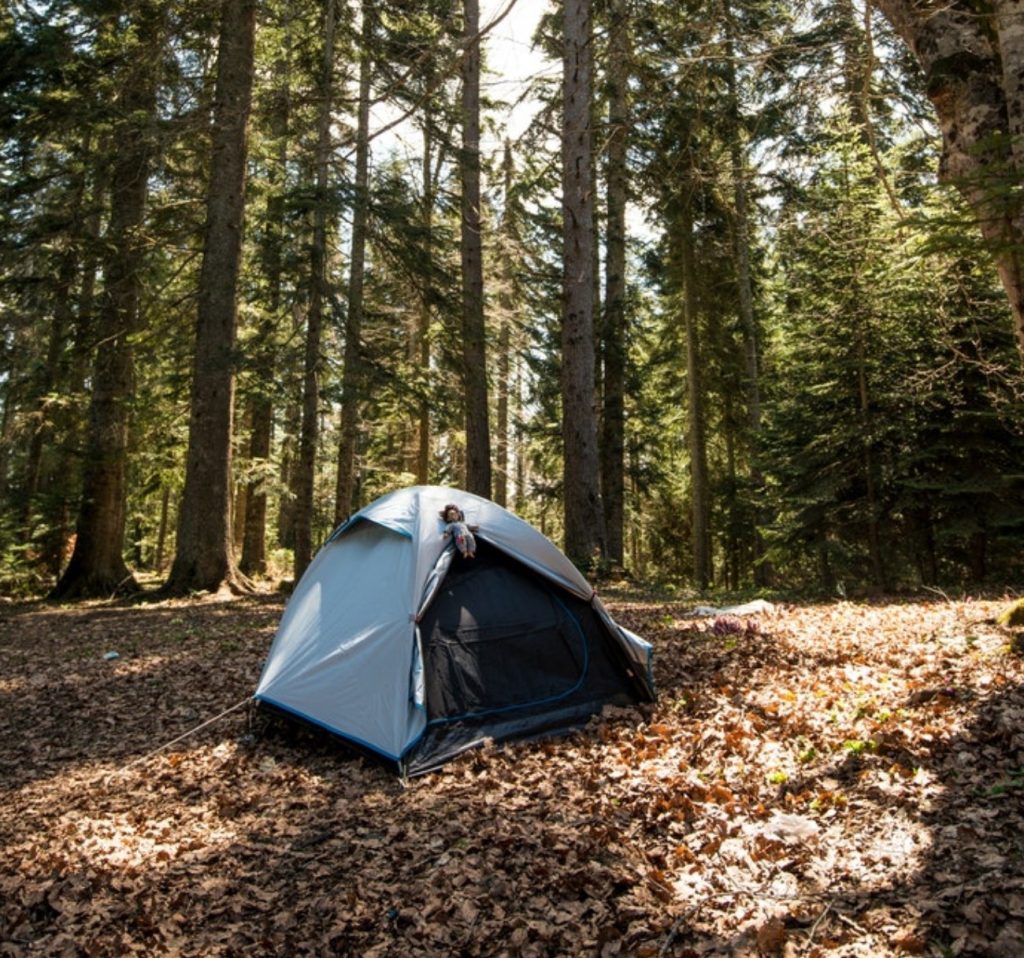
Estonia’s popularity stems primarily from the fact that people have been given freedom of movement in the forest, without major restrictions. Unlike some other destinations we mentioned, camping on private property is prohibited in Estonia. So, as long as you stay far enough away from the settlements where the locals live, you can enjoy it without any problems. And in this case, you should also avoid staying in national parks or military parts of the country where special rules apply.
Passionate adventurers recommend going to the island of Saaremaa, on the shores of the Baltic Sea, but also to the area of Lahemaa, which is known for its hospitable locals.
You won’t go wrong, whichever destination you choose. All that is required of you is to respect natural resources, not endanger flora and fauna, and adhere to all prescribed rules and laws. Only in that way will you be able to enjoy that unique experience that you will remember forever.

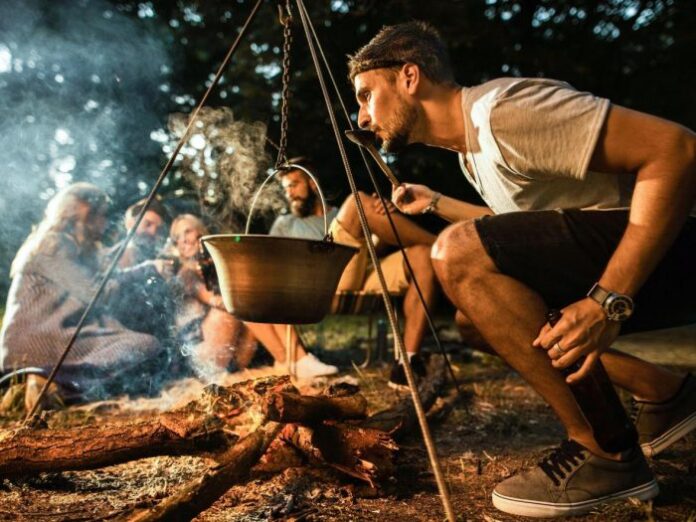



![Calgary’s Hottest Neighborhoods for Luxury Homebuyers [2024]](https://thewashingtonote.com/wp-content/uploads/2024/04/Calgary-324x160.png)



